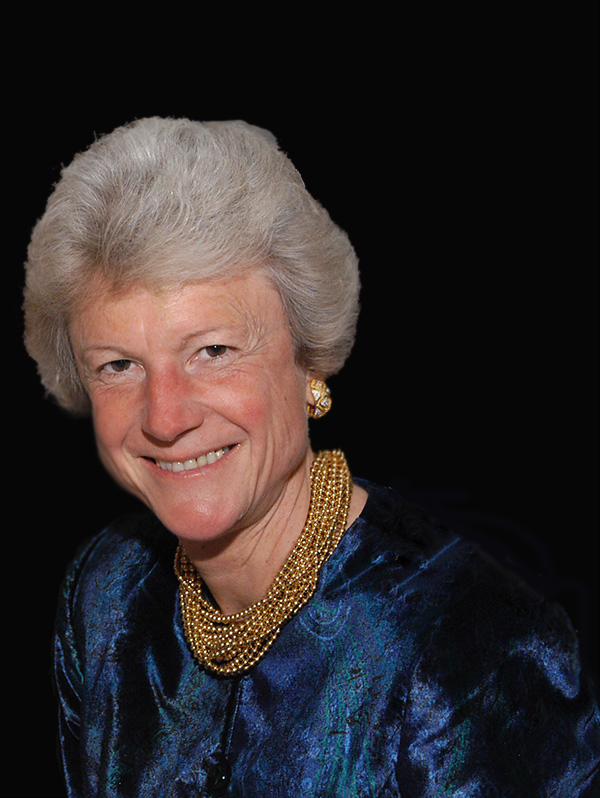Martha Darling


Martha has held a variety of nonprofit leadership roles since retiring from the Boeing Company. She is a member of the White House Commission on Presidential Scholars, has consulted on education policy for the National Academy of Sciences, and has chaired the boards of the Institute for Women’s Policy Research and the Ann Arbor Area Community Foundation. In 1977, Martha was appointed as a White House Fellow by President Jimmy Carter, serving at the US Treasury. Following graduate school at Princeton’s Woodrow Wilson School, she was based in Paris as a freelance cross-national policy consultant to the Organization for Economic Cooperation and Development.
